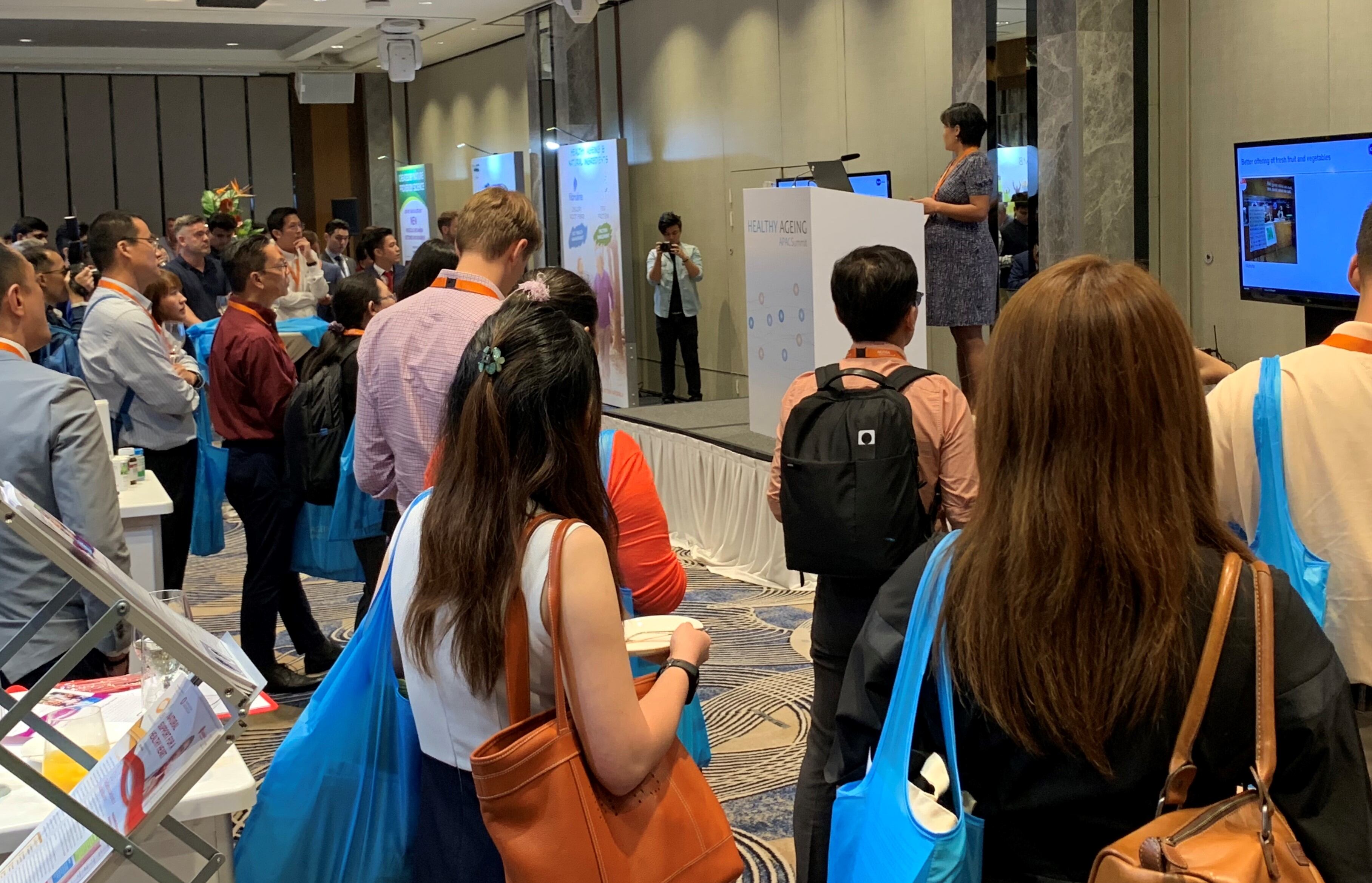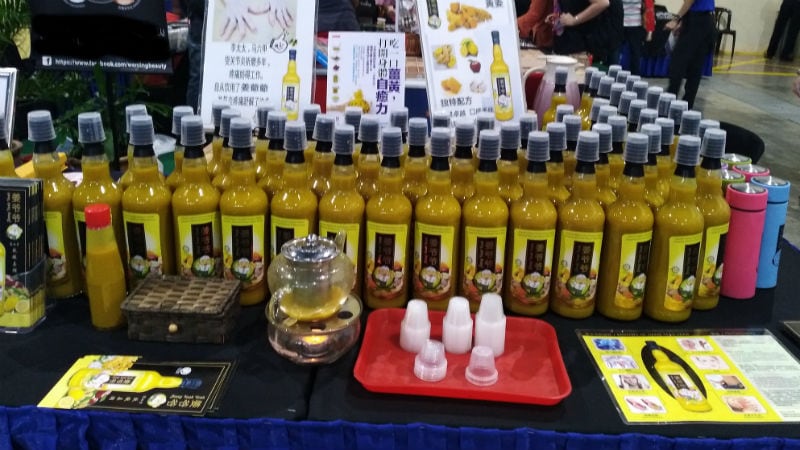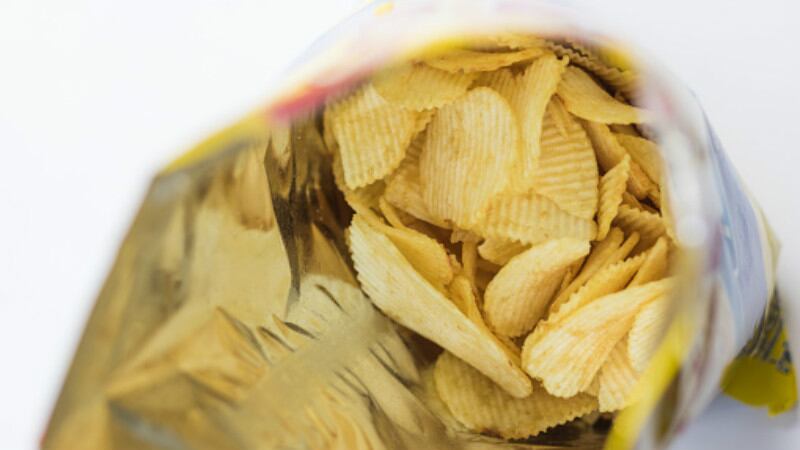GIs are used to identify products as originating in a particular geographical location, where characteristics such as quality, reputation or unique ingredients are linked to this location.
Well-known examples of this include Cognac brandy (produced in the French Charente and Charente-Maritime regions using specific grape varieties and distillation methods) and Swedish Vodka (Vodka made from pure Swedish alcohol and Swedish mineral water).
Speaking at the EU High Level Seminar on Geographical Indications for Agri-food Products, Stephane Passeri from the Food and Agriculture Organisation (FAO) Regional Office for Asia and the Pacific said that there are many benefits in this for F&B companies.
“The key aspect and benefit associated with GI registration is that of trustability – it is a good instrument to provide consumers with trust in your product which is important as they are making choices,” he said.
“As the industry moves towards globalization and bringing local products to the world, local or ethnic products are increasingly becoming a target for GIs as these are often the most popularly-searched by tourists [and a large source of income.
“[As such], it is becoming increasingly important to differentiate your product from the pack. The time for uniformity in F&B is gone and GIs are going to be a big contributor to this.”
The same applies to companies in Singapore, for which the local registry has been established as part of the country’s commitments under the EU-Singapore Free Trade Agreement (FTA) which came into force earlier this year.
Residing within the Intellectual Property Office of Singapore (IPOS), the registry has already seen the processing of some 140 GI applications since its launch in April 2019, with over 50 successfully registered.
Registration process for companies in Singapore
According to IPOS, companies in Singapore can apply for GI protection using the GI1 form available on the agency’s website. Each application costs SG$1,000.
“Products of foreign origin must first have already obtained registration in the country of origin to be protected – if not protected there, these will not be protected in Singapore either,” IPOS Senior Trademark Examiner Foo Wee Ying told the audience.
“There are 14 categories that these products can fall under: Wines, spirits, beers, cheese, meat and meat products, seafood, edible oils, non-edible oils, fruits, vegetables, spices and condiments, confectionary and baked goods, flowers and parts of flowers, and natural gum.”
The product quality, reputation and other characteristics which the applicant is seeking protection for must be listed in detail, along with an explanation of how this is attributable to the geographical origin.
“This could include data such as soil conditions, wood type, temperature, topography, air pressure and so on, and the applicant must explain the link between this and the attributes,” said Foo.
Once the registration is submitted, it will be submitted to examination by the registry before it is published online and open to opposition by the public.
“Successful registrations will enjoy 10 years of protection, after which these can be renewed for 10 year blocks at a time,” she said.





